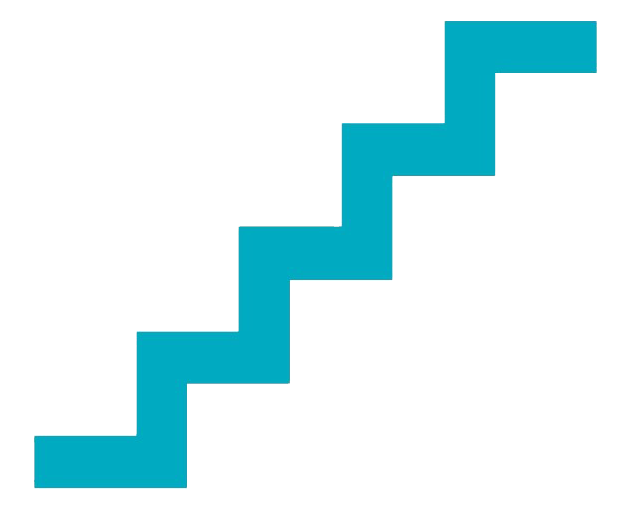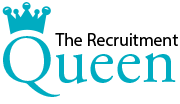Hints and Tips to succeed at Interview
The Recruitment Queen’s Hints and Tips to Succeed at Interview
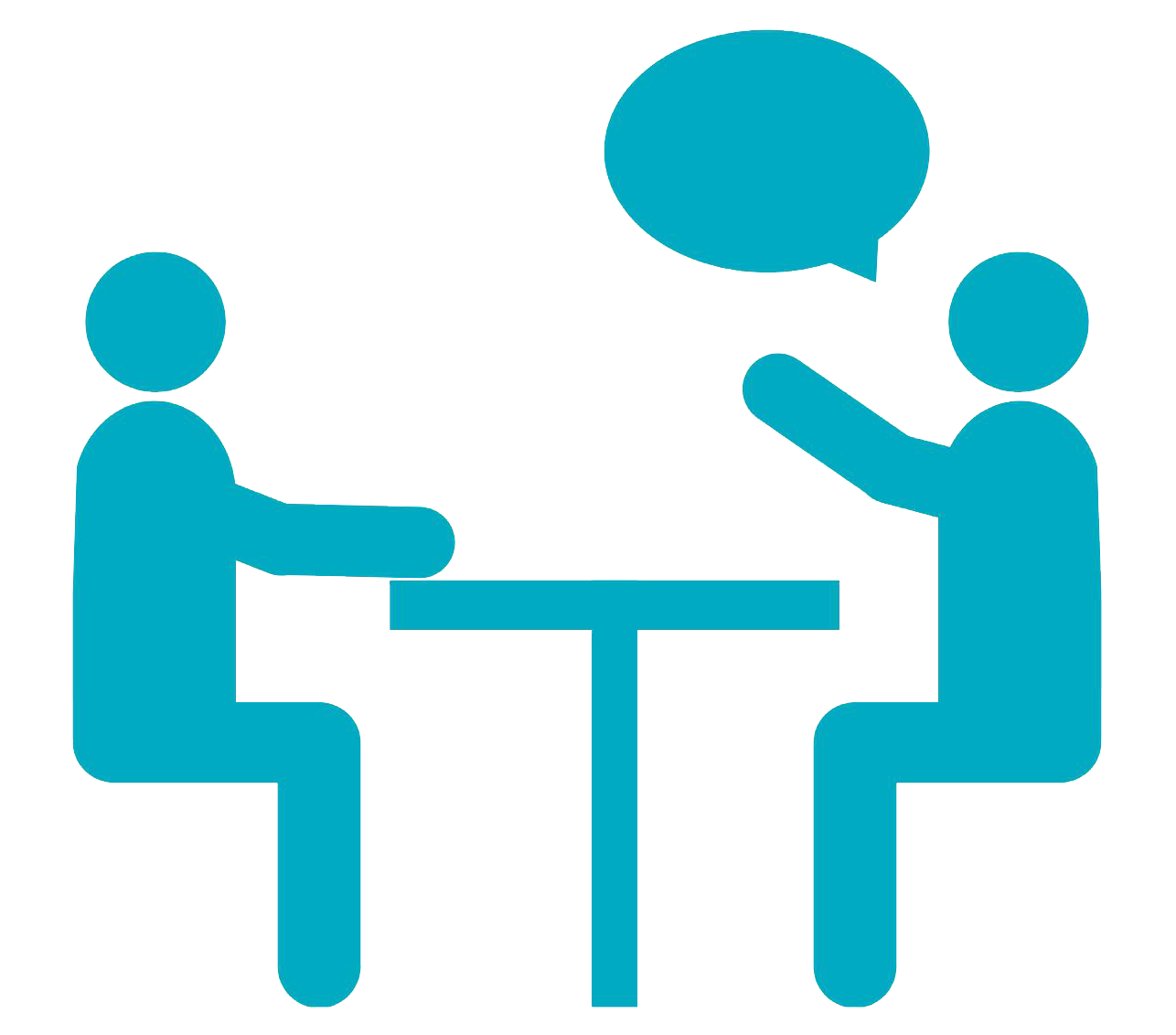
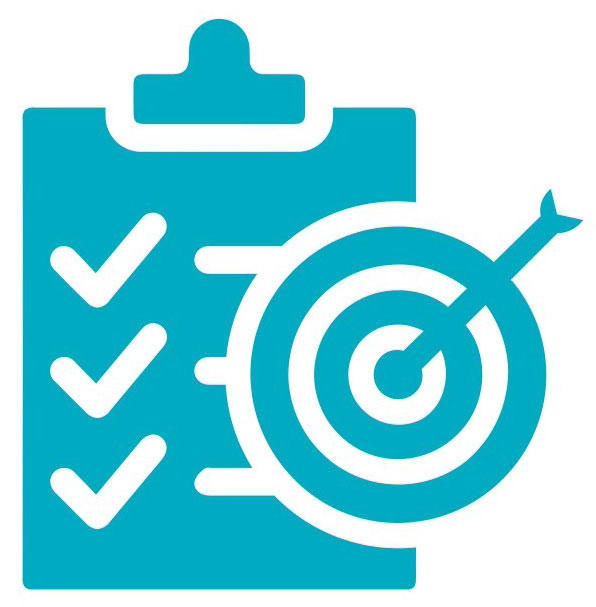
Preparation
Prepare yourself. Interviews are two–way meetings. Not only are they an opportunity for the interviewer to find out about you and if you are a suitable candidate for the position, but they are also an opportunity for you to find out about the organisation and if the position will provide you with the challenge and job satisfaction that you are looking for.
Think about your skills, qualifications, or experience, to ensure you can talk confidently about what is written on your CV. Particularly, ensure that you can talk about those skills that are relevant and valuable to the position you are going for.
Prepare some questions to ask at the interview. At the first interview, it would be wise to restrict your questions to the details of the job and the organisation. Salary and benefit discussions are best left until a second interview or a job offer is made.
Do your homework!
Find out as much as possible about the company before the interview. A good starting point is to look up their website and find out about the products and services they offer, the location of the office/s and the number of employees. Ask the consultancy if they have any extra information on them. You could also phone the company and ask them to send you an annual report. Use LinkedIn as a research tool to understand the company’s more public profile and to understand more about the interviewer you are going to meet.
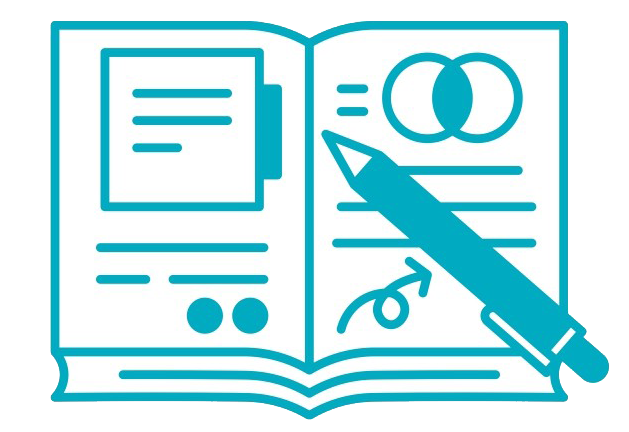

Dress code and appearance
Ask your recruiter what the client’s dress code is. For office work, smart business dress is a must. Ensure you are well groomed with tidy hair, clean shoes, and clothing. Do not wear too much perfume or aftershave and keep make-up, jewellery, and nail polish simple. The best advice here is to understand the dress-code for the industry or company as you want to look like you know the expectation.
Remember the Chanel quote “Dress shabbily and they remember the dress; dress impeccably and they remember the person.”
Travel and Timing
Plan your journey to ensure that you arrive a few minutes early. Allow for possible travel delays. Just in case of a major hold-up, make sure you have your contact’s telephone number so that you can call if you suspect you will be late. Remember being on time is late, being early is being on time!
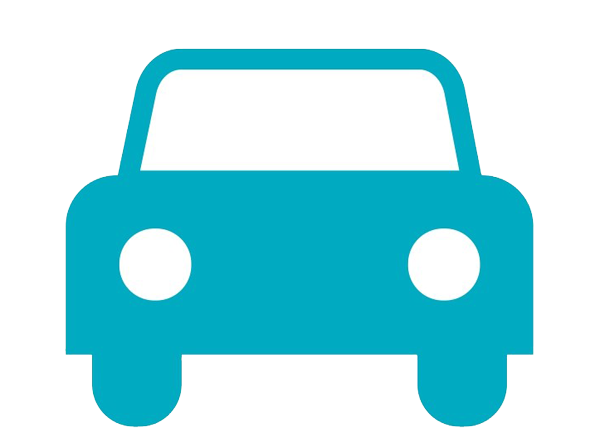
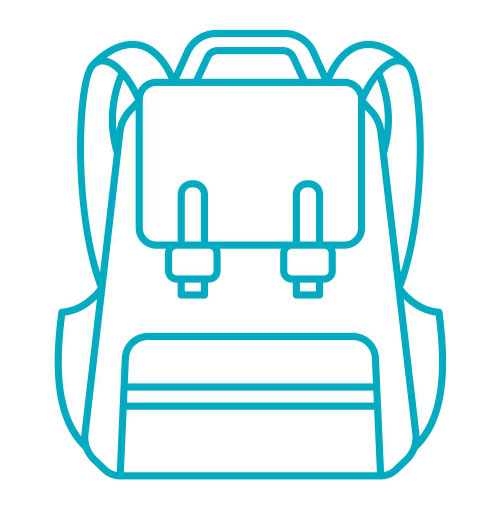
What to bring
Ask your recruiter if there is anything that you need to prepare beforehand for your interview. If not, it is always good to bring a copy of your CV and your passport. If it is a role that requires certain qualifications or examples of your work, you may also want to bring evidence of the. If you have prepared questions written down, bring those and pen and paper to make notes yourself.
The Interview, What to expect
Interviews come in many forms – panel interviews, one-to-one interviews, group interviews, etc. Ask your recruiter what form of interview you should expect. You may be asked to take a test before the interview, depending on the organisation. These might consist of psychometric, aptitude or skills tests.
There are many different interview styles, and each interviewer will have their style. Some interviewers will fire questions at you while others will start with an open question such as “Tell me about yourself” leaving you to do most of the talking. The majority of interviews will be somewhere between the two. Be prepared for any style of interview.

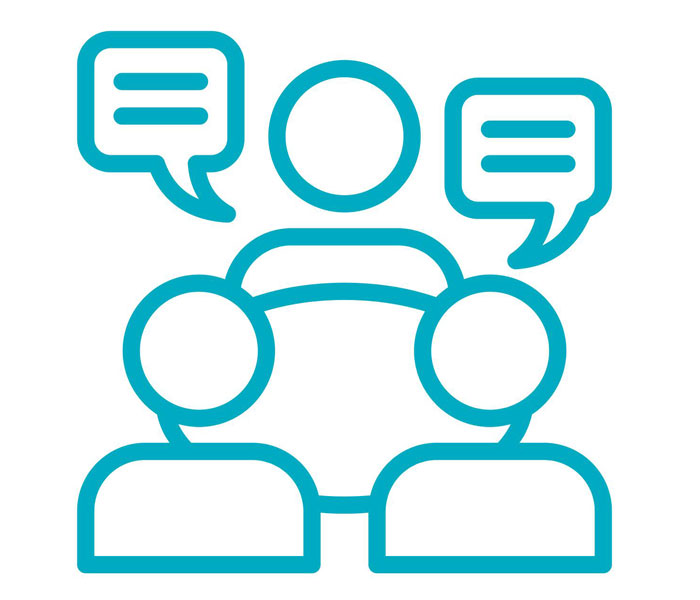
Two–Way Communication
The next steps
Agree exactly what the next steps will be, such as who will contact you to let you know if you have been successful and by when. You should also find out whether there will be second interviews and who will conduct them. If you are really interested in the position, make sure you tell the interviewer.
After the Interview – Tell the recruiter how the interview went and get feedback from them.
Negotiation – Everything is negotiable. If the final offer is not what you had hoped for, ask the recruiter to talk to the client. Say that you like the job but the package is not up to your expectations and ask if the company can be at all flexible.
Good Luck!
